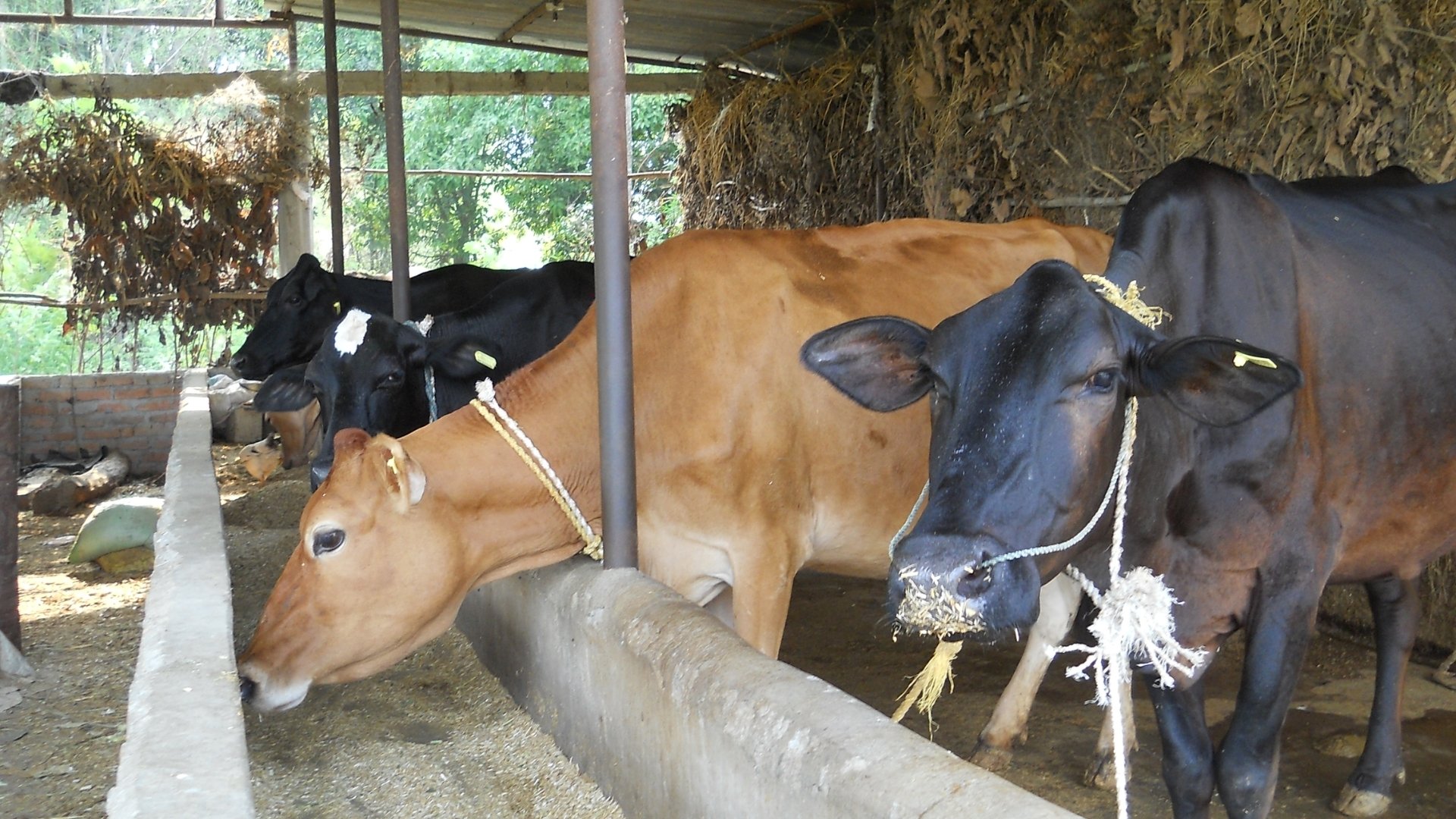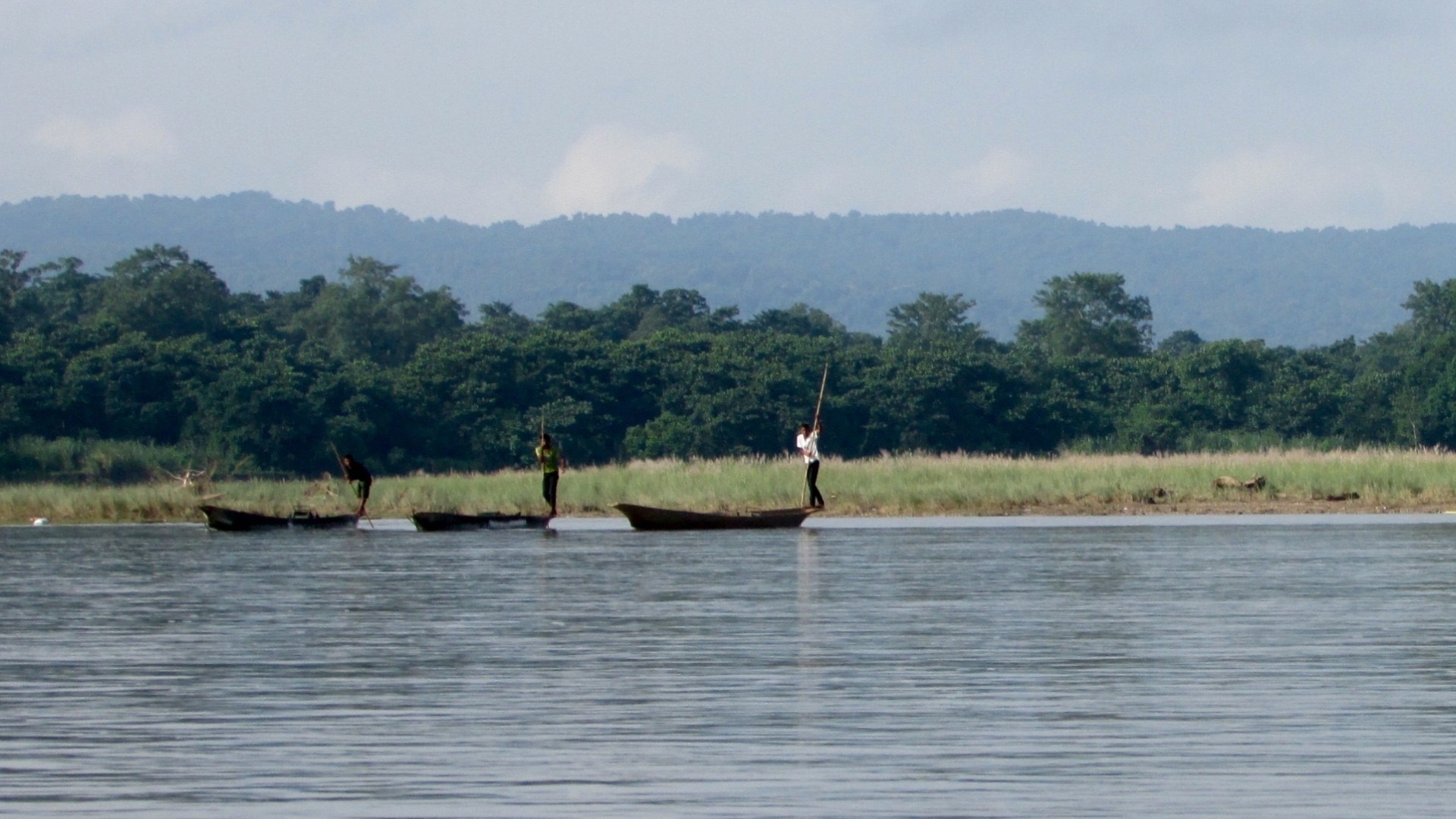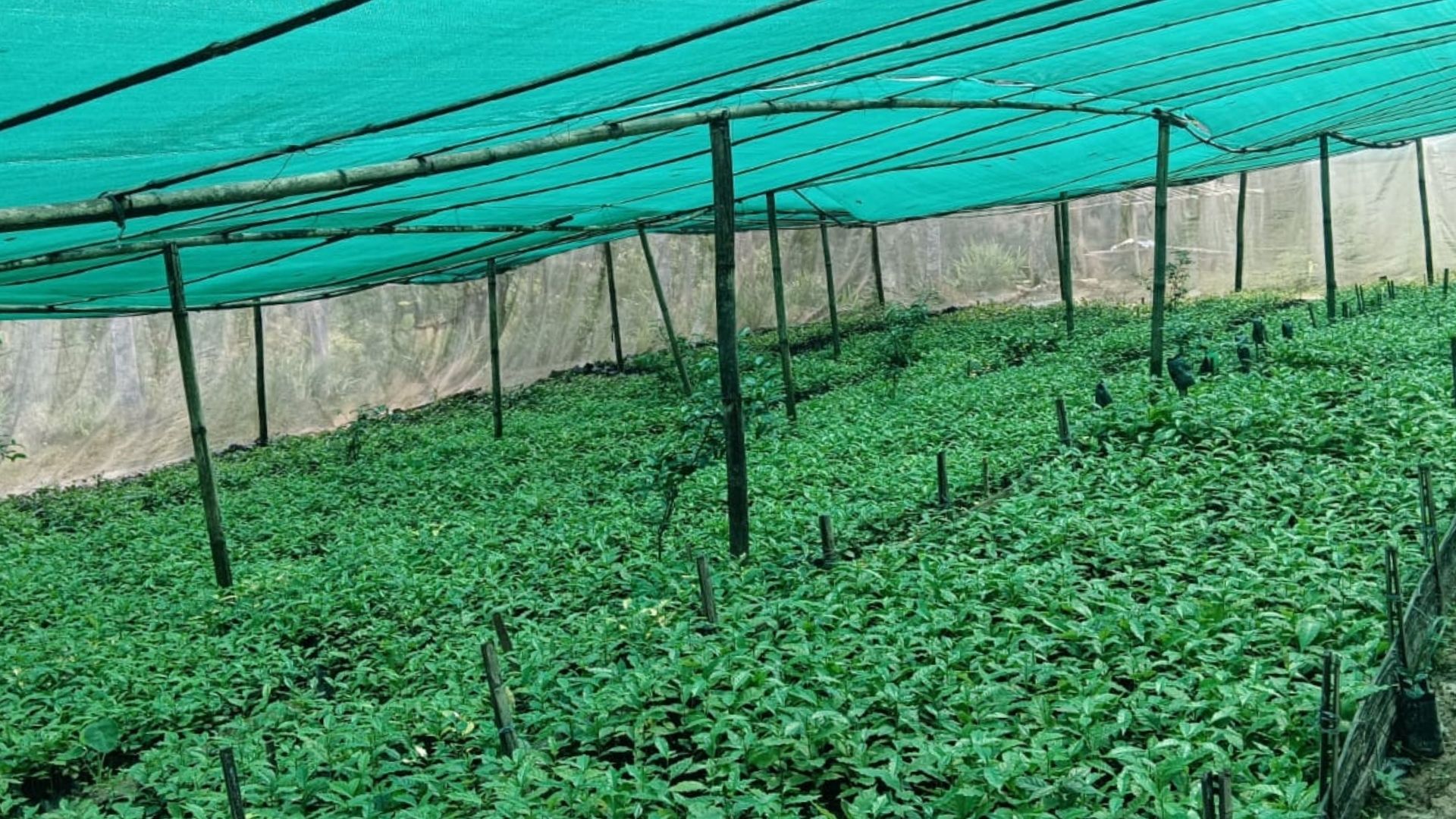Sustainable business practices are business decisions and measures relating to operations and production processes that make business activities more caring towards people, resources, and the environment.
How can you become one and will your choices make an impact? They can be small initiatives but if all businesses undertake even small sustainable initiatives, combinedly they can make a big difference.
And it’s not just an innovative and strategic approach that benefits the environment and society but also unlocks tremendous opportunities. By incorporating sustainable practices, you can reduce waste and lower expenses, tap into a larger market, improve the brand’s reputation, and build stronger connections with stakeholders.
What can be these sustainable practices?
Here are a few examples:
|
|
Here’s a checklist that can map your business standing in terms of sustainable practices:
|
Environment |
Social |
Governance |
|
|
|
Source: Prepared from a 3-step sustainability assessment for SMEs by Accountancy Europe
While you can always integrate many sustainable business practices into your existing business model, you can venture into sustainable businesses itself.
These businesses can be:
|
|
Find here strategies to help you grow your business sustainably:
Set clear goals
A crucial first step in growing your business through sustainability is to clearly define your sustainability goals and road map. Defining your goals and creating a detailed plan will help you build a framework for driving meaningful change and progress.
For instance, you might aim to reduce greenhouse gas emissions, minimize waste, promote social equality, or ensure responsible sourcing. Your activities must have a clear focus when your sustainability goals are clearly stated, making it possible to monitor your progress and evaluate the success of your projects.
Differentiate your brand
One way to differentiate your brand is by showcasing how your products or services are more environmentally friendly. This can include utilizing renewable resources, cutting production-related waste and carbon emissions, or adopting recycling and upcycling initiatives.
By promoting these environmentally friendly activities, you demonstrate your commitment to reducing the negative effects of your company on the environment. Further, you can share your sustainable initiatives and their impact through a variety of marketing channels, such as your website, social media, and packaging materials.
Collaborate with like-minded organizations
Collaborating with like-minded organizations amplifies your business and impact. By joining forces, you can combine your idea and resources to tackle sustainability challenges more effectively, carry out more ambitious projects, accelerate industry-wide change, and have a more significant impact on consumer behavior.
Innovate and diversify your products/services
Identify the areas that require sustainable alternatives or solutions by conducting research and innovating and diversifying. You can also incorporate ‘circular economy’ principles into your product design — where products are created to reduce waste.
Explore green financing options
Financing projects that produce sustainable and eco-friendly products and services and promote environmental and social outcomes are referred to as “green financing.” A variety of financial organizations, including commercial banks, development banks, and investors, offer green financing.
Many Nepali businesses, particularly those in the renewable energy industry, fund the construction of solar power plants, hydropower projects, and biogas plants and have received such financing. As the idea of sustainable financing continues to develop, there are great prospects for Nepali businesses to grow responsibly and contribute to a greener future.














